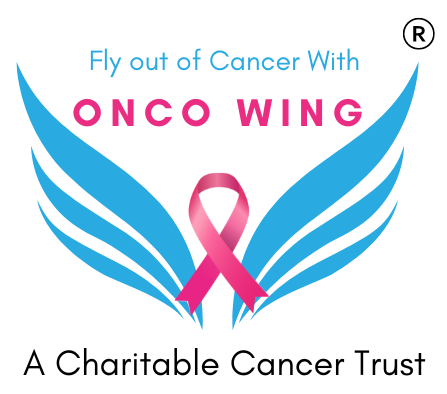
Comprehensive Support Services
Support services in oncology are essential for helping patients and their families navigate the complexities of cancer diagnosis, treatment, and recovery. These services address the emotional, psychological, and practical needs of patients throughout their cancer journey.
We believe that no one should face cancer alone. Our compassionate team is committed to fostering a supportive environment where patients can find strength, hope, and healing. We work closely with healthcare providers to ensure a seamless integration of care and support.
Here are some key types of support services commonly offered:
Key Support Services
- Psychosocial Support:
- Counseling: Individual or group therapy to help patients cope with the emotional challenges of cancer.
- Support Groups: Facilitated groups where patients can share experiences and feelings with others facing similar challenges.
- Nutritional Support:
- Dietitians: Nutritionists specializing in oncology provide dietary guidance to help manage side effects, maintain strength, and improve overall health during treatment.
- Palliative Care:
- Focused on improving the quality of life for patients by managing symptoms and side effects, regardless of the stage of cancer or treatment intent.
- Pain Management:
- Services aimed at effectively managing pain through various methods, including medication, physical therapy, and complementary therapies.
- Financial Counseling:
- Assistance with understanding insurance coverage, managing medical expenses, and exploring financial aid options.
- Education and Resources:
- Providing information about cancer types, treatment options, and coping strategies, as well as resources for patients and families.
- Complementary Therapies:
- Services such as acupuncture, massage therapy, or yoga that can help alleviate symptoms and improve well-being.
- Transportation Assistance:
- Support for patients who may need help getting to and from appointments, especially during ongoing treatments.
- Caregiver Support:
- Resources and support for family members and caregivers, recognizing their critical role in patient care.
Importance of Support Services
- Holistic Care: These services contribute to a comprehensive approach to cancer care, addressing both physical and emotional needs.
- Enhanced Quality of Life: Support services help improve the overall well-being of patients, making the cancer journey more manageable.
- Empowerment: Providing education and resources empowers patients and families to make informed decisions about their care.
